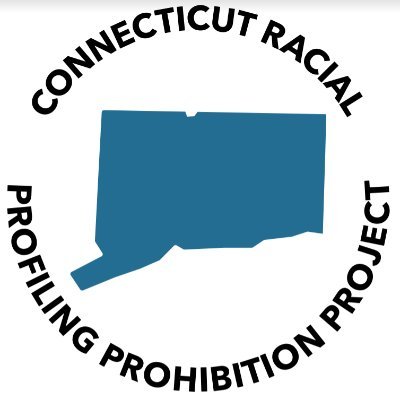 In February of 2021, Institute for Municipal and Regional Policy (IMRP) Associate Director Ken Barone testified before the U.S. House of Representatives Committee on Transportation and Infrastructure Subcommittee on Highways and Transit “Examining Equity in Transportation Safety Enforcement.” As project manager of the State of Connecticut’s Racial Profiling Prohibition Project (CTRP3), his testimony focused on the benefits of the Section 1906 Racial Profiling Prohibition Grant program. Ken’s testimony helped to explain where the funds would be allocated after a call from the Biden Administration to address the grant program.
In February of 2021, Institute for Municipal and Regional Policy (IMRP) Associate Director Ken Barone testified before the U.S. House of Representatives Committee on Transportation and Infrastructure Subcommittee on Highways and Transit “Examining Equity in Transportation Safety Enforcement.” As project manager of the State of Connecticut’s Racial Profiling Prohibition Project (CTRP3), his testimony focused on the benefits of the Section 1906 Racial Profiling Prohibition Grant program. Ken’s testimony helped to explain where the funds would be allocated after a call from the Biden Administration to address the grant program.
The State of Connecticut bans police from racial profiling and requires police to report information about people in every traffic stop. With 1906 funding, CTRP3 has worked towards eliminating racial profiling in traffic enforcement while also improving highway safety. By addressing both equity and safety, Connecticut’s model focuses on utilizing analysis as an early intervention system.
During the testimony Ken encouraged the reauthorization of the program and recommended additional baseline resources. These resources would help new states considering program adoption and allow advancement for current participants. He also called for expanding fund usage beyond data collection and analysis to include police training, community engagement/outreach initiatives and additional collection and analysis of state specific data. All of his recommendations were adopted by the Committee. You can watch his testimony online.
Last month the Department of Transportation, National Highway Traffic Safety Administration and Connecticut Department of Transportation awarded CTRP3 $1.5million in funding. This was the full amount that the project was eligible for. Since 2012 the project received $375,000 yearly, which was enough to maintain the program. With an expansion in funding the project can conduct more research and provide a public facing component.
Currently CTRP3 is working to develop a dashboard in order to increase public access to data. This data will allow for a deeper analysis within police departments. A community engagement program will be launched this year and consist of four to six public forums yearly. Across the state procedural justice training will be implemented.
CTRP3 will also be conducting experimental research as the project looks to assess what an appropriate driving population looks like. Finding an appropriate population is difficult, but UConn researchers are now able to identify populations by utilizing cell phone data. Mobility of a driving population can thus be determined across a half mile piece of highway.
Connecticut’s project will continue to be a national model. In California and Oregon, the team has helped Attorney Generals in setting up programs and providing model frameworks. CTRP3 has also conducted research in Rhode Island, and is currently working with teams in Maine, Colorado and Nevada.
We look forward to sharing more about ways to engage and learn about CTRP3’s initiatives in the months and years to come. Congratulations to Ken and the CTRP3 team on an increased award!